California has implemented a new law that raises the minimum wage to $20 per hour for fast food workers.
Alex Johnson, who owns several Auntie Anne’s and Cinnabon locations in San Francisco, shared that this increase will significantly raise his operational costs. He told Fox Business, “Across my 10 locations, the increase in the wage rate is going to cost me $470,000. So, just about $50,000 per location.”
Rising Operational Costs Lead to Price Increases
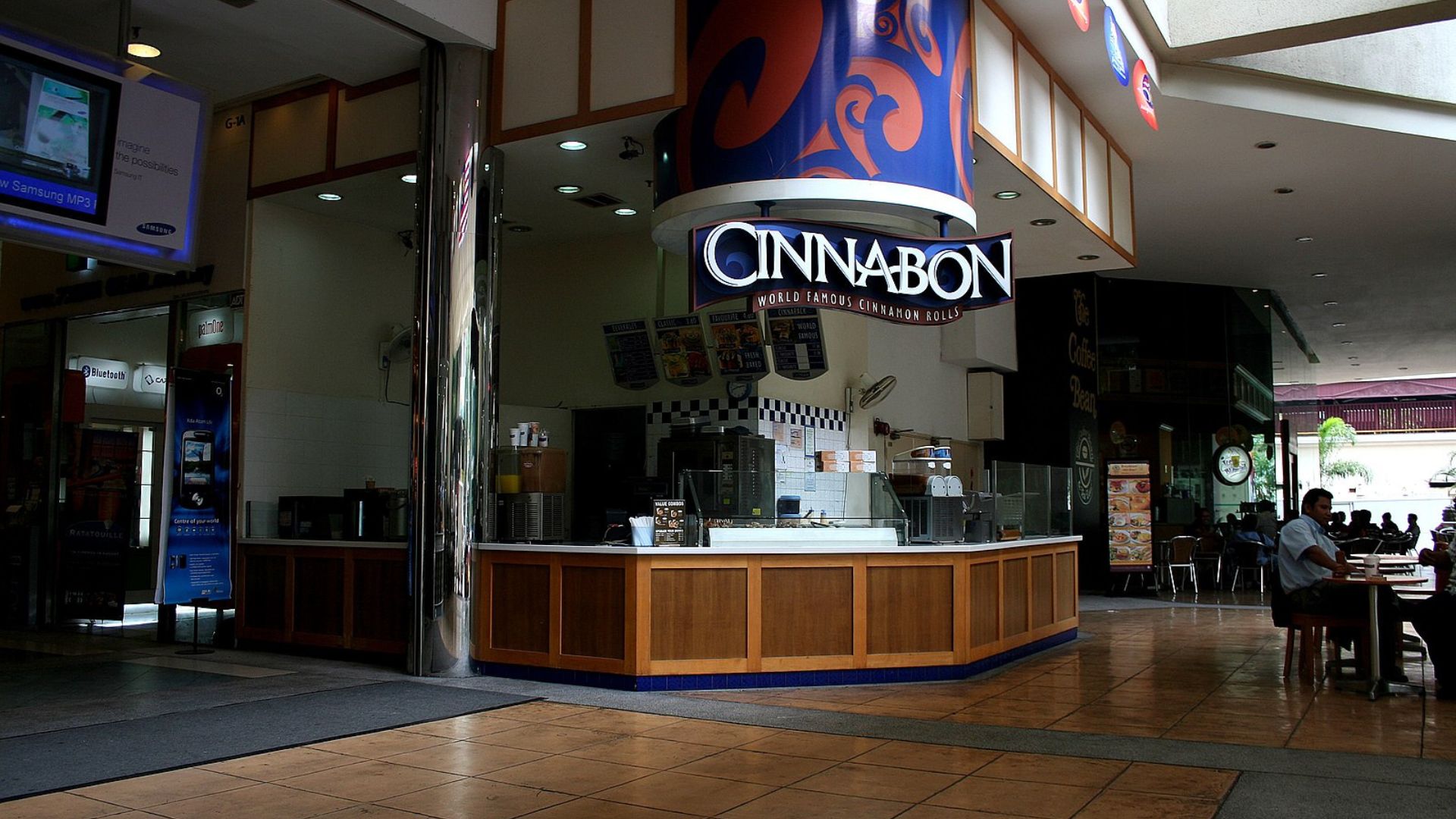
Due to the increased operational costs from the wage hike, Johnson has decided to raise the prices of his menu items.
He expressed his reluctance in doing so during an interview with Fox Business, stating, “I think immediately what we’re doing though, is raising prices, something that I really don’t want to do.”
Potential Staff Reductions Being Considered

Johnson mentioned that the new wage increase puts him in a tough position where he might need to consider reducing his staff.
He explained the difficult choices ahead, telling Fox Business, “Everything’s on the table,” which suggests that layoffs could be a possible response to manage the financial strain.
Statewide Concerns Over Price Hikes
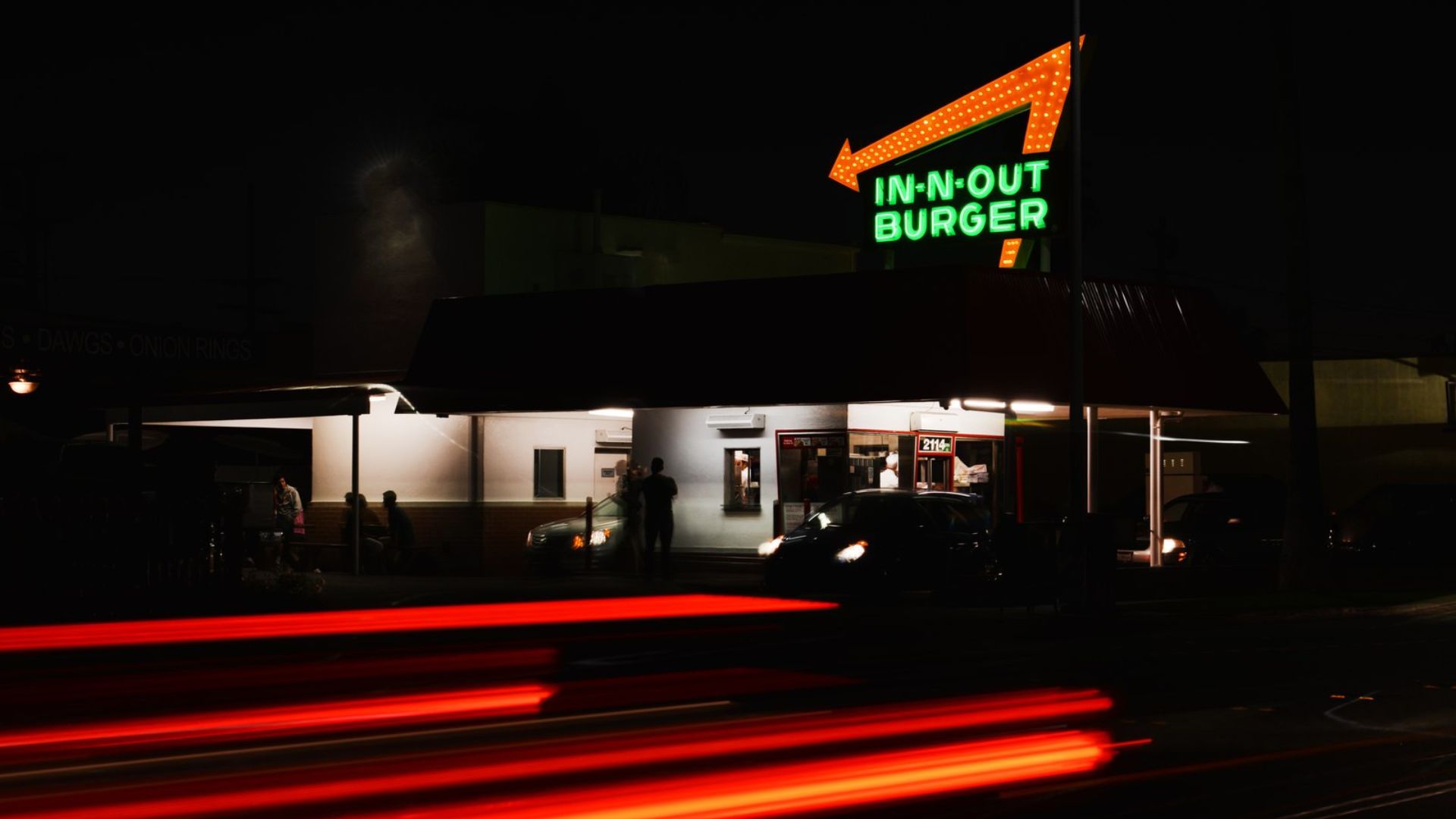
The minimum wage increase is expected to cause a ripple effect throughout California, leading to higher menu prices across the state.
Andrew Wiederhorn, chairman of FAT Brands, highlighted the inevitable price rise, saying, “So, prices are going to go up.”
Consumer Adjustment to High Prices
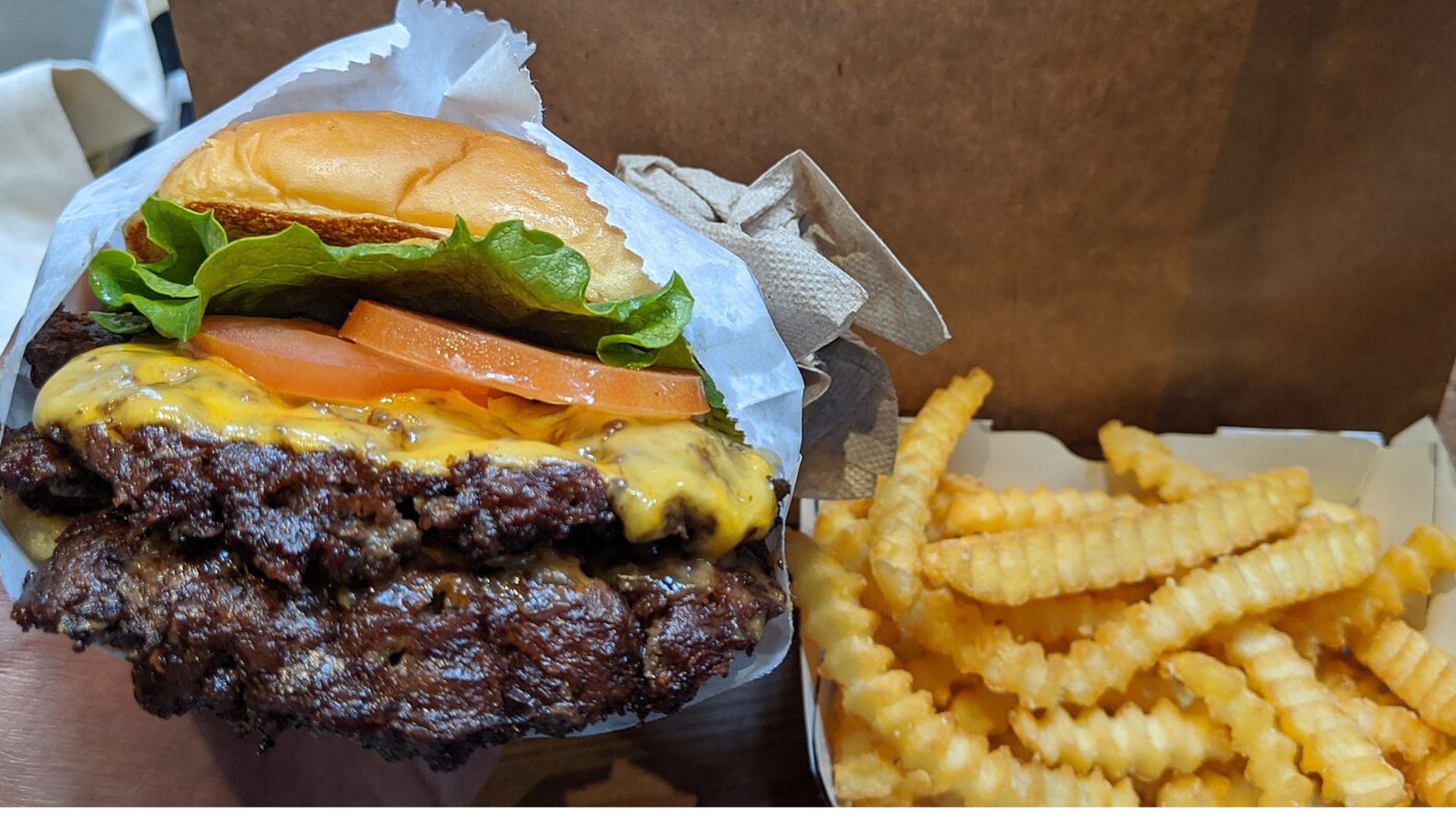
Jon Taffer, a prominent figure in the restaurant industry, discussed the adaptation of consumers to increasing prices.
He noted the new reality of dining costs: “The consumer is starting, dare I say, to get used to the $30 hamburger.”
Decline in Sales and Customer Traffic

Johnson has observed a decline in sales and customer traffic, which complicates the financial impact of the wage hike.
This decline exacerbates the challenges posed by increased labor costs, putting additional pressure on his business operations.
Exploring Business Opportunities Outside California
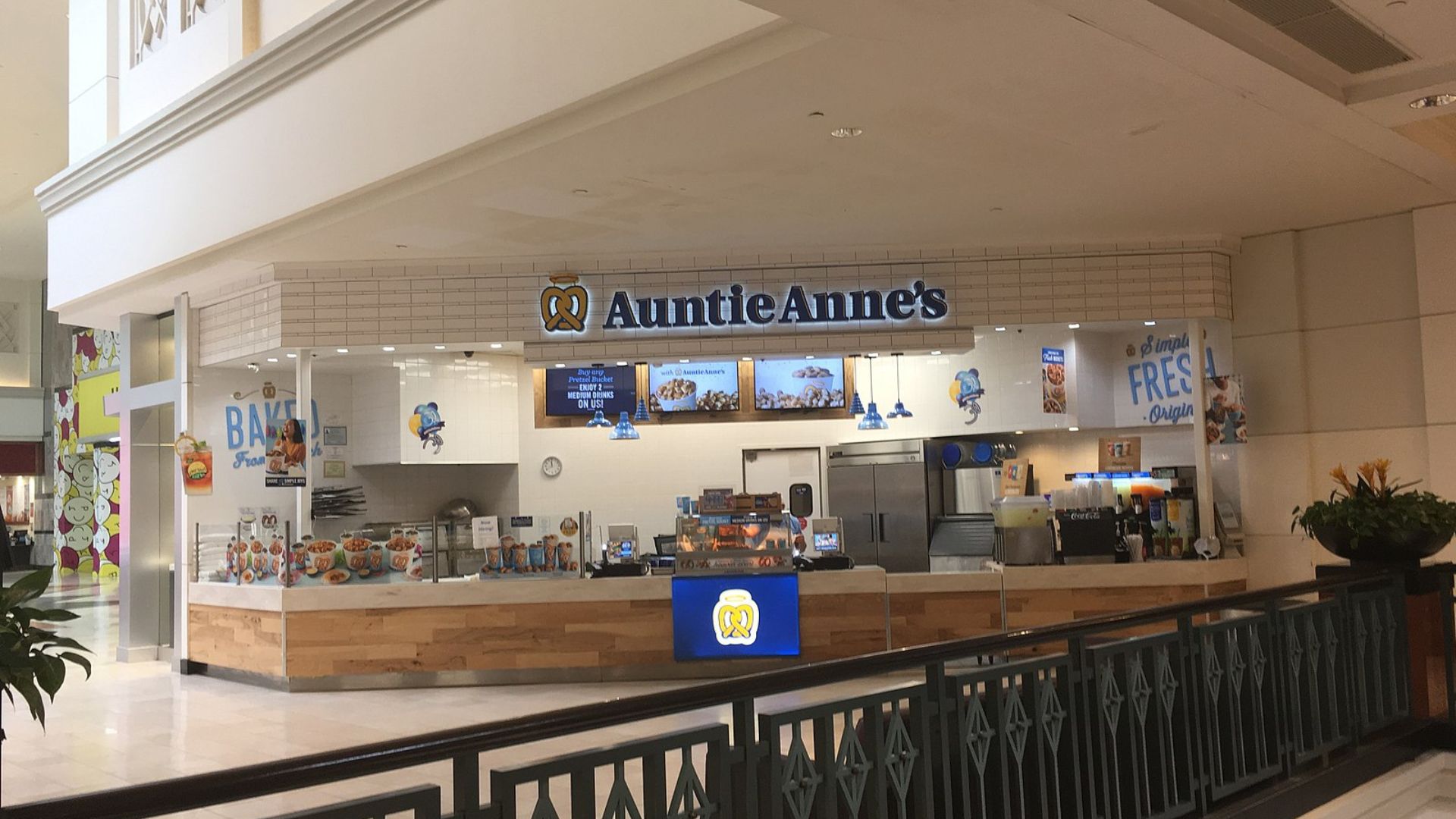
Due to the challenges in California, Johnson is looking to expand his business elsewhere.
He stated his intentions to stop expanding within the state, saying, “I’m not growing anymore in this state. I’m not expanding any new locations.”
Nevada as a More Business-Friendly Alternative

Johnson has chosen Nevada as a new location for expanding his franchise operations due to its less restrictive regulatory environment.
He explained his preference for Nevada, saying, “There just isn’t so much regulation, there isn’t so many different types of people telling you how to run your business.”
Economic Viability Under New Wage Law
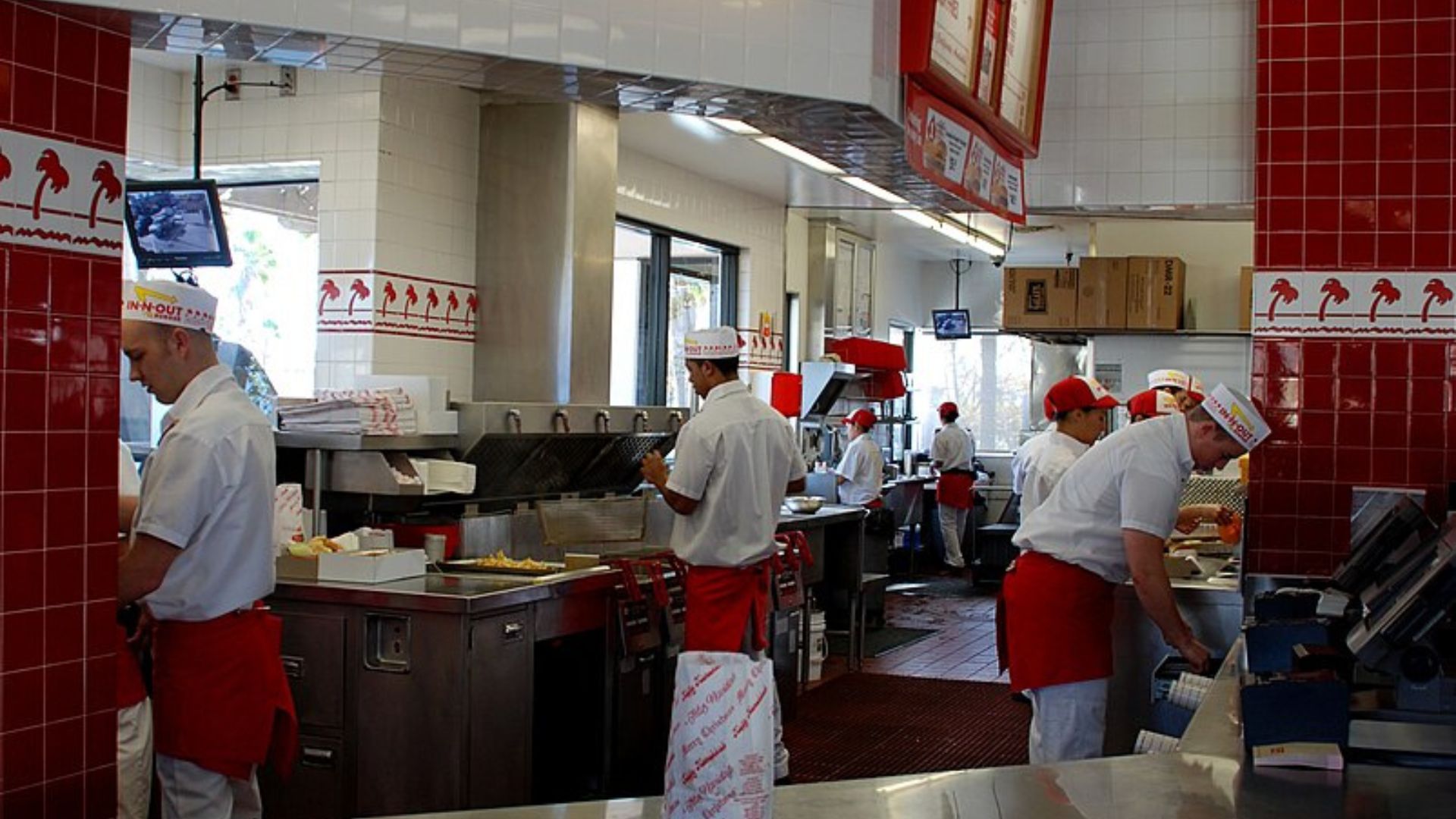
Johnson emphasized the precise economic conditions needed for a restaurant to profit, which he believes are compromised by the new wage law.
His concerns reflect the broader implications of such legislation on business operations.
The Economic Threshold for Restaurants
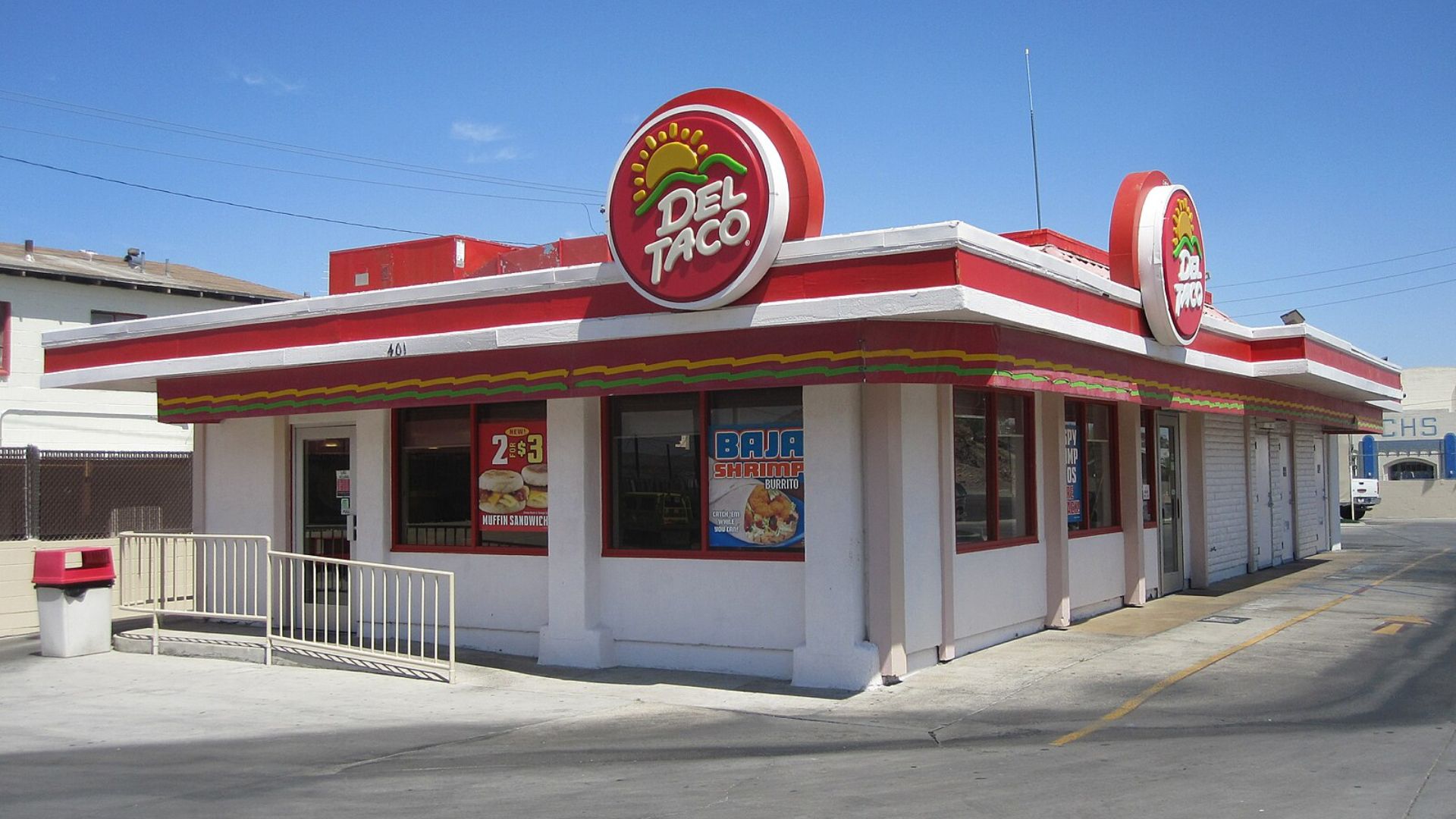
The increase in minimum wage has created a new economic threshold for restaurant owners like Johnson, who must now navigate the increased costs while trying to maintain profitability.
This shift is prompting owners to reconsider their business strategies in California.
Broader Implications for the Restaurant Industry

Johnson’s situation could become widespread among California restaurant owners.
The increased costs from wage hikes may drive similar business decisions throughout the industry.
Reevaluating Business Strategies in California
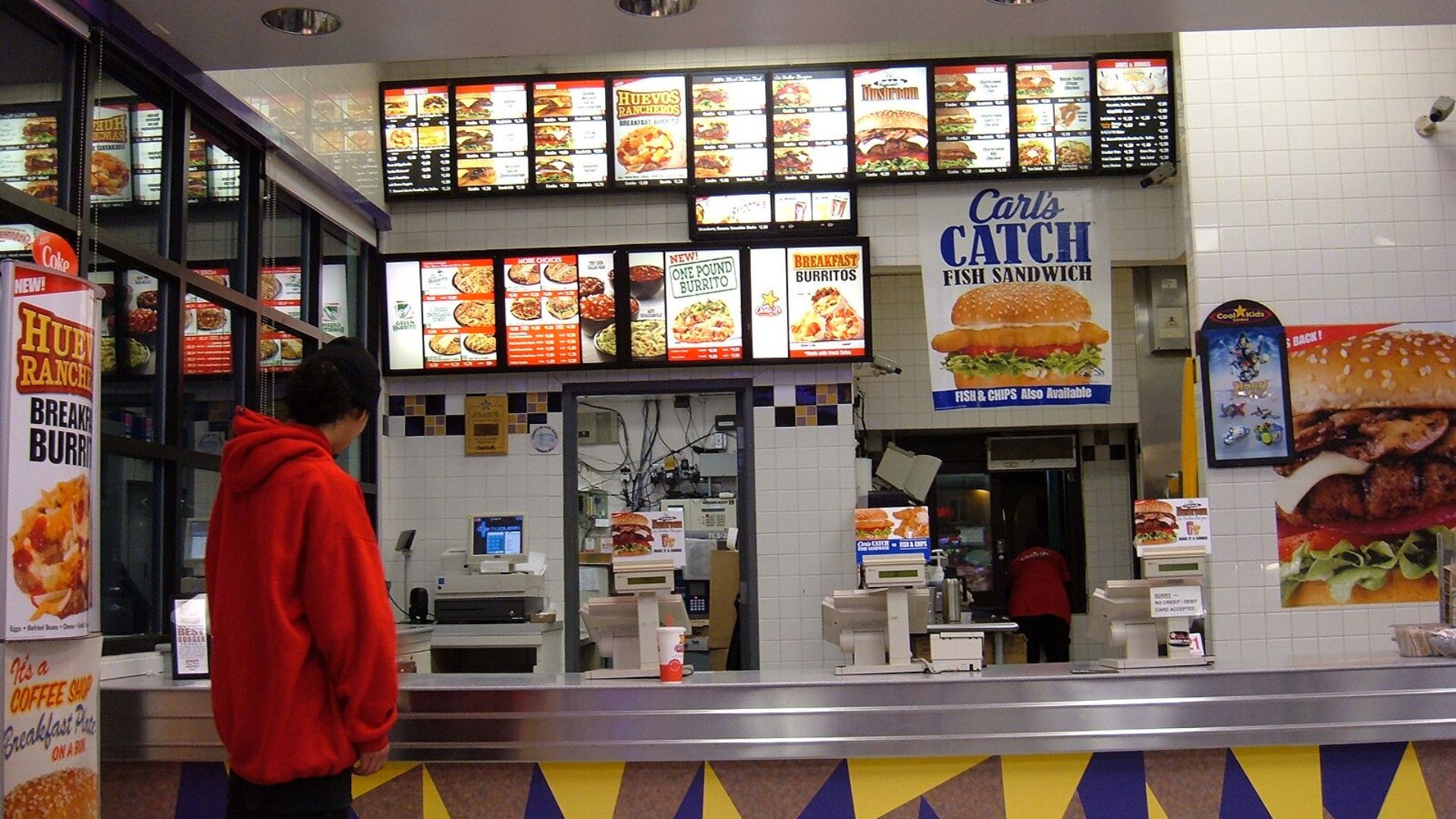
The future of the fast food industry in California could see significant changes if more business owners decide to follow Johnson’s lead and seek out states with more favorable business climates.
This potential trend could prompt a reevaluation of wage policies and business regulations in California.
